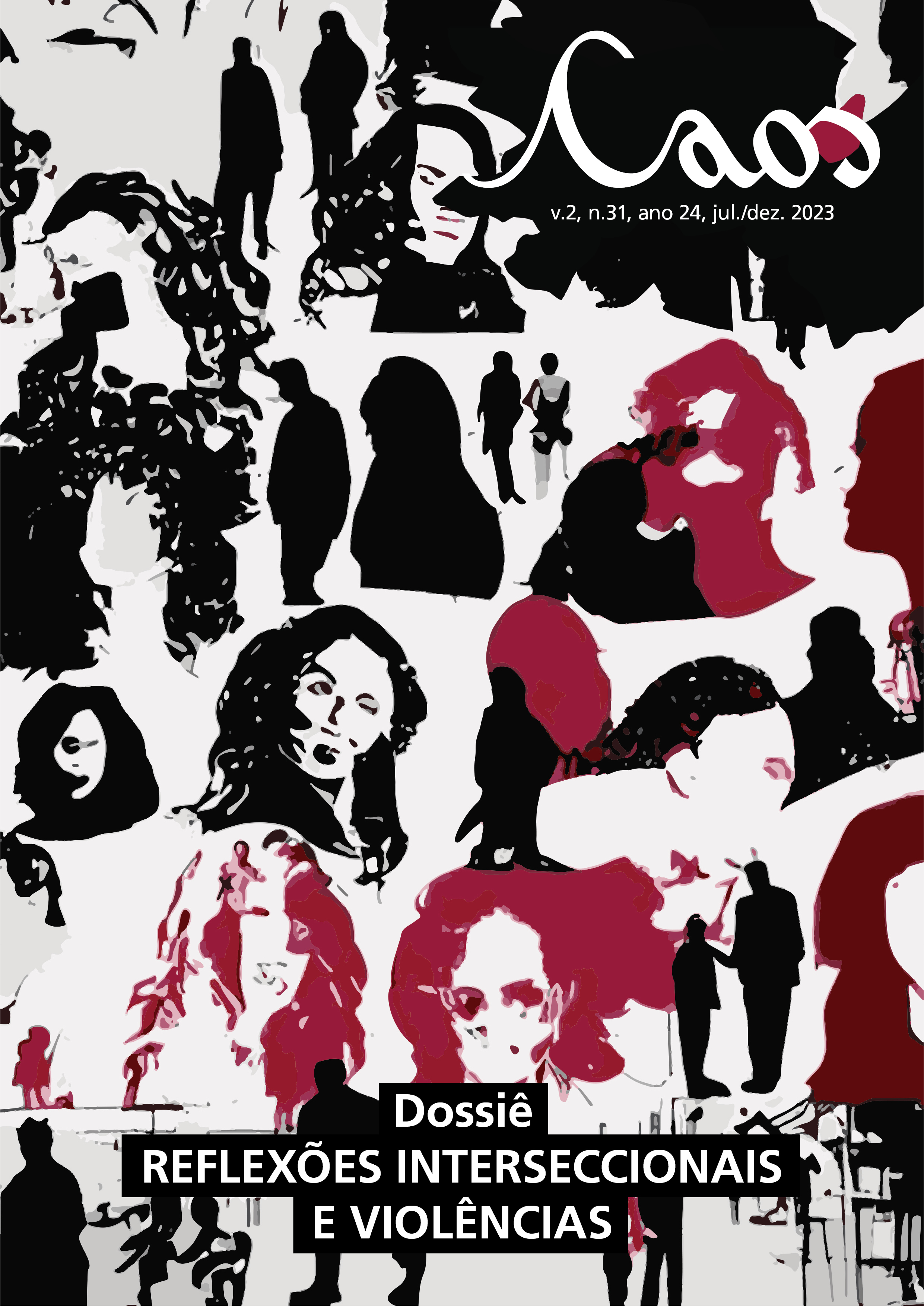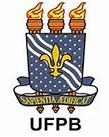JEAN DE LÉRY INSIDE OUT: Tupinambá anthropophagy and the production of contra-colonial knowledge
DOI:
https://doi.org/10.46906/caos.n31.67379.p179-205Keywords:
sociology of knowledge, tupinambá anthropophagy, travel literature, contra-coloniality.Abstract
This paper aims to analyze the text “History of a Voyage to the Land of Brazil” written by Jean de Léry then read critically the 16th century scientific shield as structured by the colonial relations and significations. Thus we tried to analyze the text in two different, but complementary ways: the first criticizing the objectifying description as a mechanism of colonial knowledge production and the second, realizing a reading against the grain, thereby avoiding the modern and colonial representation of the tupinambás, presenting them instead as subjects of contra-colonial knowledge production, by means of the anthropophagy process. Lastly we explored the resumption of this anthropophagic form of knowledge production, taking as an example the work of Glicéria Tupinambá. As a result, we understand that anthropophagic thought could contain within itself the capacity to disrupt scientific thought, and its inbuilt colonial principles.
Downloads
Metrics
Published
Issue
Section
License
Copyright (c) 2023 Rubens Arley de Almeida Junior, Luís Antônio Francisco de Souza

This work is licensed under a Creative Commons Attribution-NonCommercial 4.0 International License.
A Caos é regida por uma Licença da Creative Commons (CC): CC BY-NC 4.0, aplicada a revistas eletrônicas, com a qual os autores declaram concordar ao fazer a submissão. Os autores retêm os direitos autorais e os de publicação completos.
Segundo essa licença, os autores são os detentores dos direitos autorais (copyright) de seus textos, e concedem direitos de uso para outros, podendo qualquer usuário copiar e redistribuir o material em qualquer suporte ou formato, remixar, transformar e criar a partir do material, ou usá-lo de qualquer outro propósito lícito, observando os seguintes termos: (a) atribuição – o usuário deve atribuir o devido crédito, fornecer um link para a licença, e indicar se foram feitas alterações. Os usos podem ocorrer de qualquer forma razoável, mas não de uma forma que sugira haver o apoio ou aprovação do licenciante; (b) NãoComercial – o material não pode ser usado para fins comerciais; (c) sem restrições adicionais – os usuários não podem aplicar termos jurídicos ou medidas de caráter tecnológico que restrinjam legalmente outros de fazerem algo que a licença permita.
Recomendamos aos autores que, antes de submeterem os manuscritos, acessem os termos completos da licença (clique aqui).
















